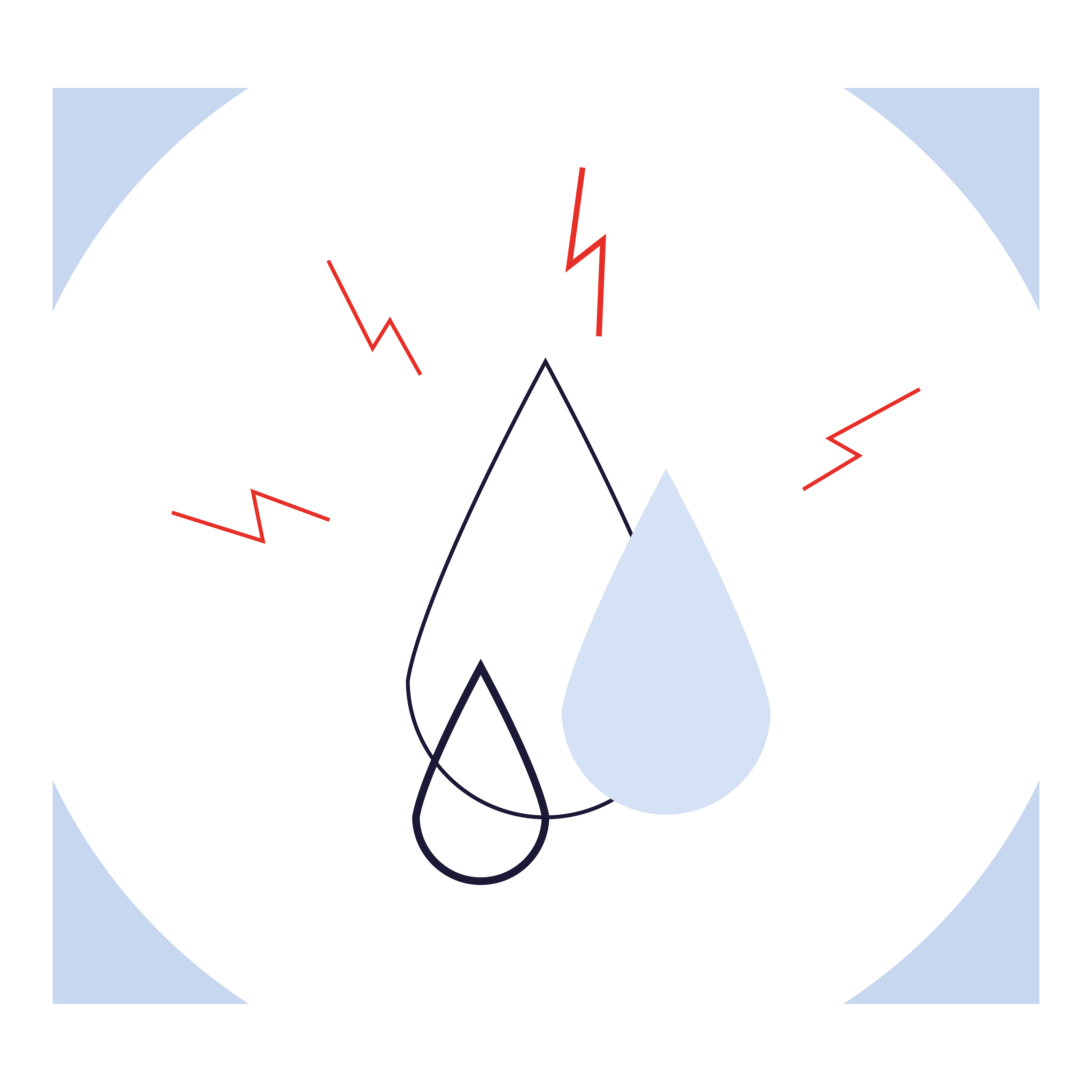Frequent UTIs
You have to pee all the time. And when you do, it hurts. You’ve been there before, and you know it’s a UTI. But lately, it’s happening way more often. Sound familiar? Your body’s declining estrogen levels at menopause can make you more disposed to UTIs.

50%
OF MENOPAUSAL WOMEN SUFFER FROM GENITOURINARY SYNDROME OF MENOPAUSE (GSM)
Is this normal?
GSM includes symptoms like vaginal dryness, itching, burning, and frequent UTIs.
What can you do?
First, if you have a UTI right now, call your doctor! You can treat them with antibiotics. But, in general, for prevention, always pee after sex. Drink cranberry juice. Wipe front to baAnd, Menopausal Hormone Treatment (MHT) can help. Alloy offers both oral (estradiol pill) and transdermal estradiol (estradiol patch), and for GSM, estradiol cream is a miracle worker.
View Products
FAQ
Why am I getting UTIs all the time?
You know the drill. It’s your hormones. And if you’re experiencing GSM, you’re more vulnerable to UTIs. Changes in the bacterial flora of your vagina, changes in vaginal pH, and the breakdown of natural mucosal barriers that prevent infection are all thought to play a role. Knowing how the physiological changes associated with GSM, including thinning and dryness of vaginal tissue and bladder changes, affect your UTI risk will help you to understand the ways in which you can lower this risk and prevent painful UTI symptoms from developing.
Thinning and Dryness of Vaginial Tissue:
- As your vaginal tissues become thinner and drier, they become fragile and susceptible to micro tears and lacerations. Furthermore, your declining estrogen levels are causing changes in the bacterial makeup of your vagina, also known as the urogenital microbiome. Together, these changes make you more susceptible to bacterial infections.
Changes to Your Bladder:
- Along with your vaginal tissue, the tissues of your bladder and urethra (the duct that carries urine out of your body from your bladder) are also changing in response to declining estrogen. Your bladder becomes less elastic and has a decreased capacity, which can make it difficult for your body to hold as much urine as it did previously.
- Paradoxically, because your bladder is less elastic, when you do urinate you may actually have difficulty emptying your bladder, leaving residual urine. This leftover urine in your bladder is a fertile field for bacterial growth leading to more frequent urinary tract infections.
- Urine is typically sterile and flows in one direction—out of your body. When your bladder is overloaded or retaining urine and the flow is hindered, that urine is more easily contaminated by bacteria which leads to infection.
That’s bad, right?
It’s not great. UTIs are super painful and uncomfortable. No one wants to be getting them frequently.
Ugh. But is it normal?
Unfortunately, it is. Frequent UTIs are a part of GSM, which 50% of menopausal women suffer from.
Is there anything I can do about it?
Yes! You don’t have to suffer. First of all, you should always pee after having sex. And, you should wipe front to back. You can drink cranberry juice if you like it, and you should take showers instead of baths. But, now that your estrogen is declining, you’ll need to do more than that. MHT can help tremendously by balancing your hormones. For more targeted relief of vaginal symptoms, we also recommend estradiol vaginal cream.